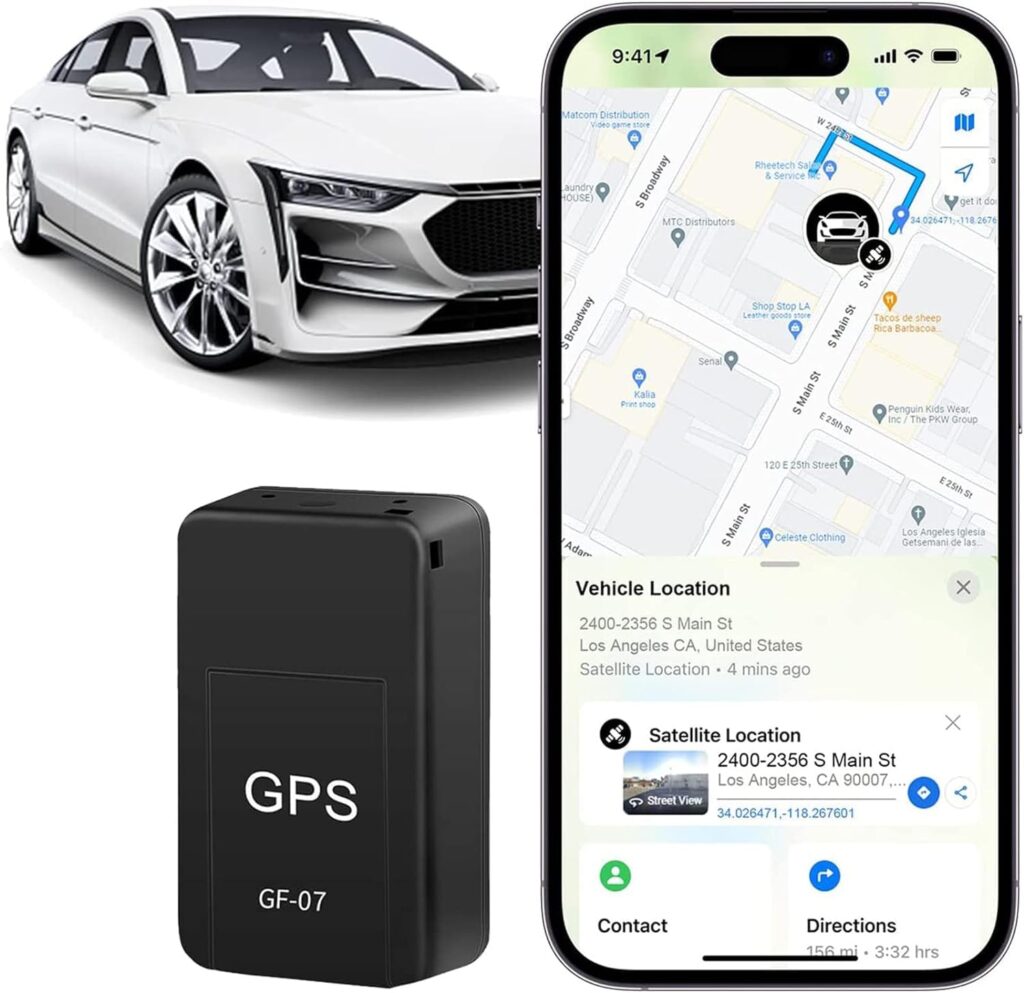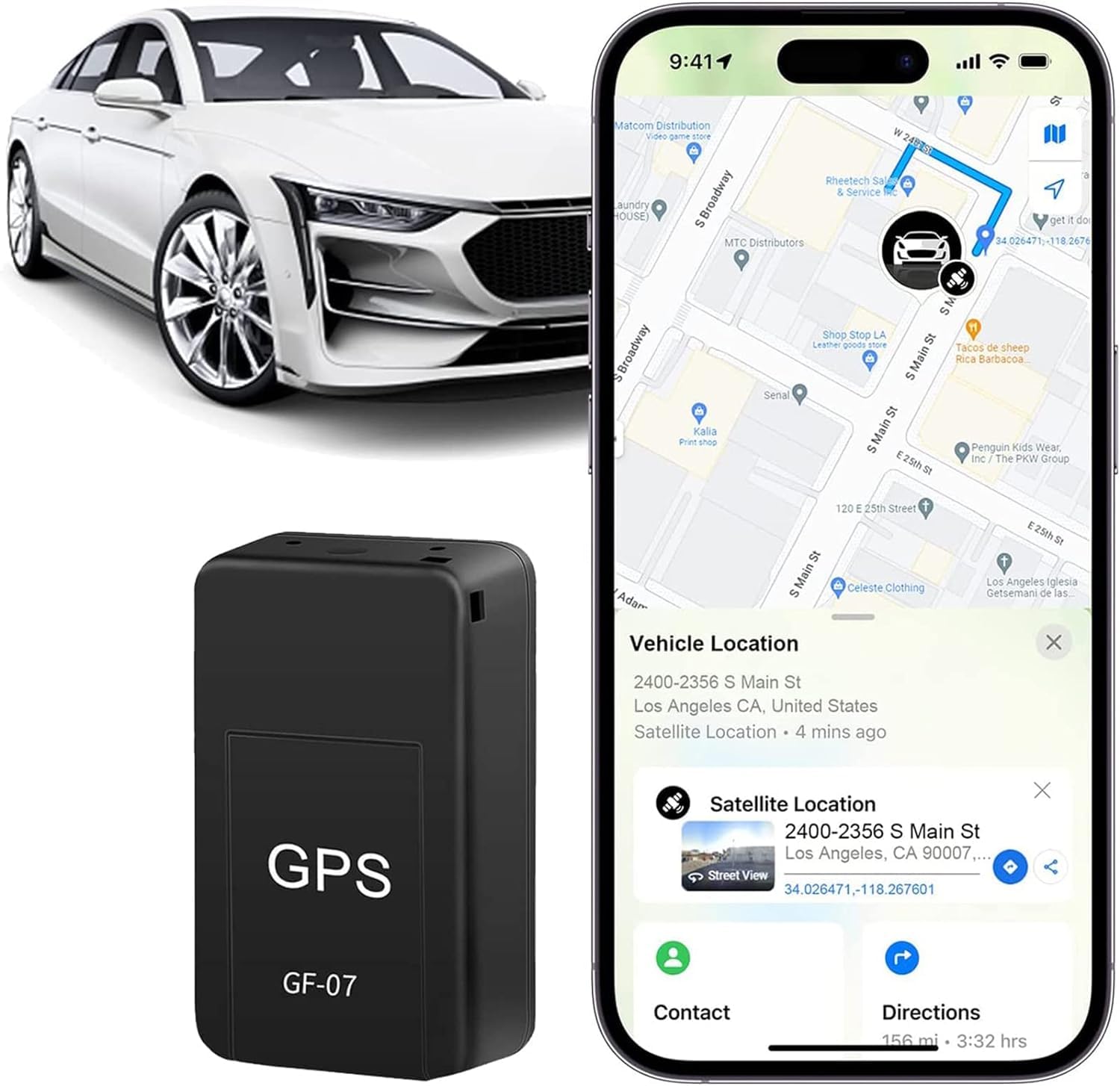In today’s world, when car safety is becoming more and more important, installing GPS tracker for car is a great way to protect your vehicle from theft and monitor its location.
Why do I need a GPS tracker?
Before choosing a GPS tracker, you should understand why you need it. The GPS tracker allows you to track the location of your car in real time. This is especially useful in case of theft, as you will be able to quickly determine where your vehicle is located and pass the information to the police. In addition, such devices are often equipped with speed control functions and notification of exit from a given geofence, which can be useful for parents monitoring the movements of their children or for companies controlling official cars.
What to look for when choosing a GPS tracker:
- Functionality. When choosing a GPS tracker for a car, pay attention to its functionality. Some devices offer basic tracking features, while others may offer advanced features such as vehicle condition monitoring, speeding alerts, route analysis, and more.
- Accuracy and reliability. It is important that the GPS tracker is accurate and reliable. Check the reviews of other users to make sure that the device really performs its functions. A good GPS tracker for a car should show accurate coordinates and respond quickly to location changes.
- Ease of use. Make sure that the GPS tracker has a user-friendly interface and is easy to install. Some models require professional installation, while others can be connected independently. It is also important that the software that the tracker works with is intuitive.
- Cost and subscription fee. The price of a GPS tracker can vary significantly depending on the functionality and manufacturer. Also note that some models require payment of a monthly subscription fee for using the service. Compare several options to choose the most suitable one in terms of price and functionality.
How do I install a GPS tracker?
Installing a GPS tracker on a car may vary depending on the device model. Some trackers are connected to the OBD-II diagnostic port, which is available in most modern cars. This is an easy installation method that does not require additional tools. Other models may require a connection to a car battery or a concealed installation for greater safety. If you are not confident in your abilities, it is better to contact professionals.
Additional recommendations:
- Support and service. Check if the manufacturer of the GPS tracker provides support and service. This can be useful in case of problems with the device.
- Software updates. Make sure that the manufacturer regularly updates the GPS tracker software so that the device works stably and has up-to-date functions.
- User reviews. Read reviews from other car owners who already use your chosen GPS tracker. This will help you understand all the pros and cons of the device.
Conclusion
Choosing a GPS tracker for a car is an important step to ensure the safety of your vehicle. Consider functionality, accuracy, usability, cost, and other factors when choosing a device. We hope that our advice will help you make the right choice and your car will be under reliable protection.


